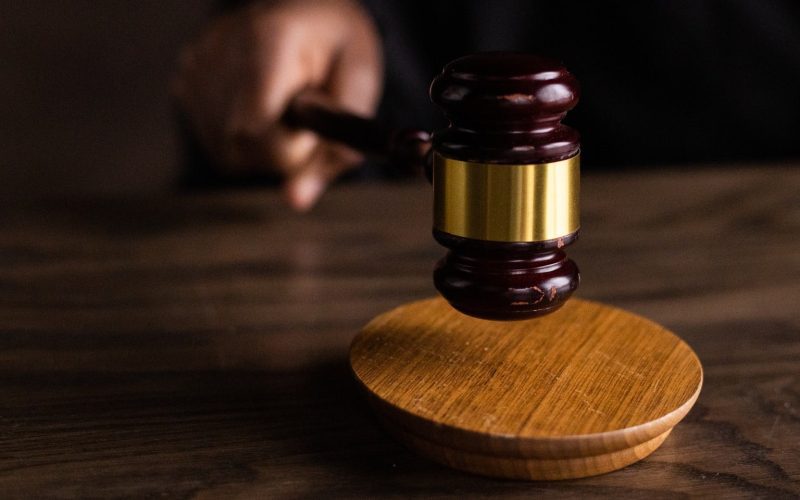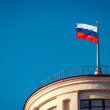In a dramatic turn of events, publishing giant Penguin Random House has taken legal action against a Florida school district for implementing a ban on certain books in its libraries and curriculum. The contentious dispute centers around allegations of censorship and the violation of students’ intellectual freedom. As the legal battle unfolds, it raises crucial questions about the role of literature, education, and the boundaries of censorship in our society.
The ban, enacted by the unnamed school district, targeted books from various genres and authors, including critically acclaimed works by renowned authors such as Toni Morrison, Harper Lee, and Mark Twain. The district cited concerns about “inappropriate content” and “objectionable themes” as the basis for their decision, sparking a fierce debate within the community.
Penguin Random House, one of the world’s largest publishing houses, filed a lawsuit in federal court, asserting that the ban violated the First Amendment rights of both the authors and the students. The publishing company argues that the ban not only restricts students’ access to diverse perspectives but also undermines the educational value of literature and hampers intellectual growth.
The legal action taken by Penguin Random House has gained support from various organizations, including the American Library Association and the National Coalition Against Censorship. Advocates argue that exposure to diverse ideas and challenging themes is vital for students’ intellectual development, critical thinking skills, and understanding of complex social issues.
Opponents of the lawsuit, however, believe that the ban was necessary to protect students from potentially offensive or harmful content. They argue that certain books may contain explicit language, racial slurs, or mature themes that are not appropriate for young readers. Proponents of the ban also claim that it is within the school district’s rights to determine what materials are suitable for their students, given the varying values and beliefs within their community.
As the lawsuit unfolds, legal experts anticipate a complex legal battle with far-reaching implications. The court’s decision will not only determine the fate of the banned books in the Florida school district but could set a precedent for similar cases across the nation.
Critics of the ban argue that limiting students’ exposure to different perspectives and controversial ideas stifles intellectual curiosity and deprives them of the opportunity to engage in meaningful discussions about important societal issues. They contend that instead of shielding students from challenging content, it is more effective to provide guidance, context, and open dialogue to help them navigate complex themes responsibly.
In an era marked by growing concerns about freedom of expression and the boundaries of censorship, this legal battle serves as a stark reminder of the ongoing tensions between protecting individuals from potentially offensive content and preserving intellectual freedom. The outcome of the lawsuit will undoubtedly have significant implications for educators, students, authors, and publishers alike, shaping the future of literary access and the education system as a whole.












